60 Capsules Small
500mg /capsule
Price : 98 $ USD
Another size
45 Capsules Big
775mg / capsule
Price : 110 $ USD
Components :
Zea mays / silk
Olea europaea/leaves
Tilia species / flowers
Agropenus repens/ roots
K. DIURETIC 20 :
Product based on natural medicinal plants, belongs of the tired drug generation, it is without side effects, adjuvant in the treatment : cardiovascular disorders.
INDICATIONS :
– High blood pressure.
– Heart failure – arrhythmia.
-Oxidative stress.
-Arterial pathologies.
-Systemic vasculitis.
-Inflammation of the urinary tract that causes hypertension.
-Renovascular disease.
-Potassium deficiency .
-Hyperhydration of the body.
-Edema.
-Obesity or overweight.
Heart :
The physiological heart functions as a pump that irrigates the cells of the body, with more than 70,000 liters of blood per day and more than 100,000 beats (during systole and diastole).
The pulse starts immediately after a heart transplant, without waiting for the brain signal, the heart by the way has its own intracardiac nervous system (NIS) with more than 40,000 neurons. The complex regulation of heartbeats is a constant dialogue between the nerve fibers that run through the organ and certain brain structures (insular cortex, amygdala, hypothalamus).
Each of our cells carries a personal, family, ancestral memory. These are imprints that resonate during our life through repetitive behaviors, emotional wounds.
The heart stores thoughts, it makes them active and gives them meaning. Great thoughts come from the heart. The brain sends the commands to the heart in the form of neural signals, but the heart sends more cardiac signals to the brain, influencing the emotional, cognitive faculties such as attention, perception, memory and problem solving.
The psychic changes are dictated by the heart before the brain, the ideas are sorted and then analyzed. Unpleasant emotions influence the heart rhythm curve which becomes irregular and disordered, neural signals from the heart go to the brain, higher cognitive functions will be inhibited, which limits the ability to think clearly, remember, learn, reason and make effective decisions.
The heart is used to think and interact with others. It is the seat of the breath, of the emotions, of the sensations and the center of the own will. The personality depends on this organ.
Hypertension:
Hypertension is the consequence of several diseases, in 70% of cases it is asymptotic. The increase in blood pressure constitutes one of the risks of cardiovascular diseases, vascular accidents and kidney failure; an increase in the pressure exerted by the blood on the wall of the arteries in order to allow the blood to circulate throughout the body. Two values evaluate it: systolic pressure (maximum) corresponds to the contraction of the heart, between (10-14) and the diastolic (minimum) corresponds to the relaxation of the heart between (6 and 8), the value (12/8) is considered the normal blood pressure.
In 30% of cases, headaches, dizziness, vision disorders or nosebleeds may occur.
The cause may be:
Mechanical: the resistance of the arteries following their hardening (atherosclerosis).
Psychic: The hyperactivity of the nervous system under the effect of anxiety or stress.
Hormonal: Dysfunction of the renin-aldosterone-angiotensin hormonal system, Localized in the kidney and whose role is to maintain water-salt homeostasis (balance between Na+ ions and water).
Among the complications caused by hypertension, we cite :
-Stroke (stroke).
-Ischemic heart disease (angina pectoris, myocardial infarction).
-Arteriopathy of the lower extremities.
-Chronic renal failure.
-Retinopathy.
K D 20 :
-Natural diuretic.
-Regulates the secretion of angiotensin for the maintenance of sodium-water homeostasis.
– Modulates the renin-angiotensin-aldosterone system localized in the kidney for the regulation of blood pressure.
– Allows the balance of the heart rhythm by modulation of the secretion of the neurotransmitter adrenaline.
-Maintains the balanced level of potassium in the blood, which is necessary for the normal functioning of cells, nerves and muscles.
-Allows the robust reconstitution of the vessels and the conservation of their elasticity and their flexibility.
-Prevents left cardiomyopathy and limits the risk of heart failure.
-Protects the small arteries of the renal cortex from obstruction and thus prevents cortical necrosis.
-Helps in the regeneration of the different types of blood vessels.
-Improves the irrigation of the brain which permanently influences the heart rate and blood pressure.


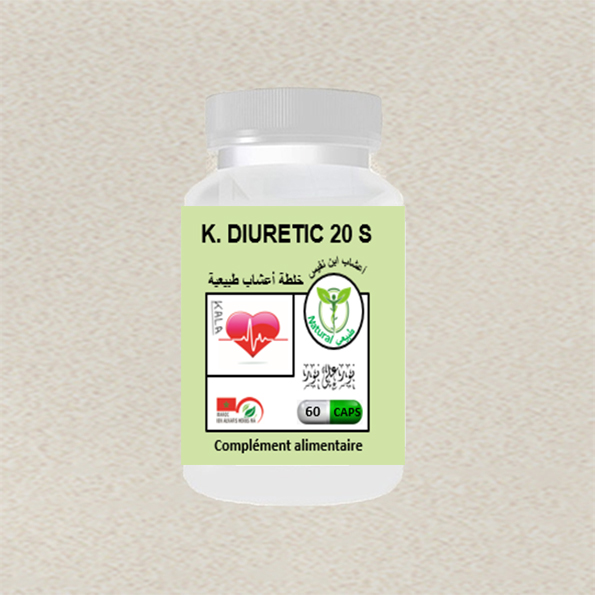
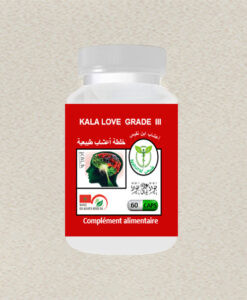
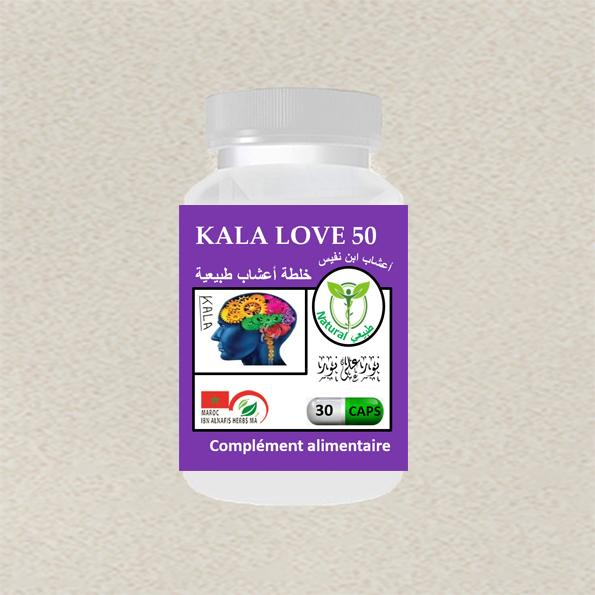
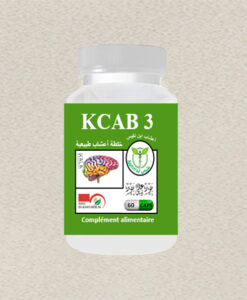
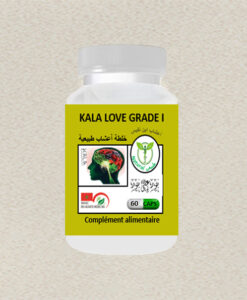
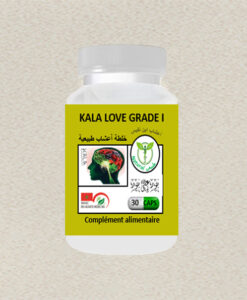
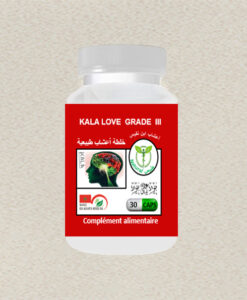
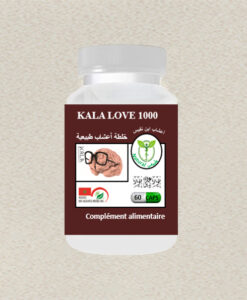
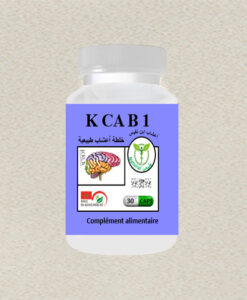
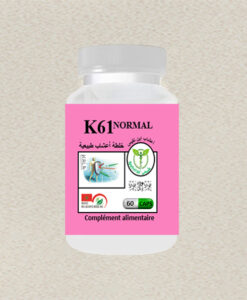
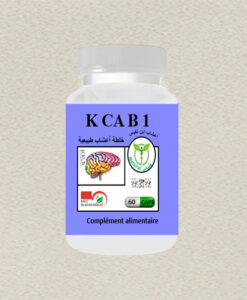
Reviews
There are no reviews yet.